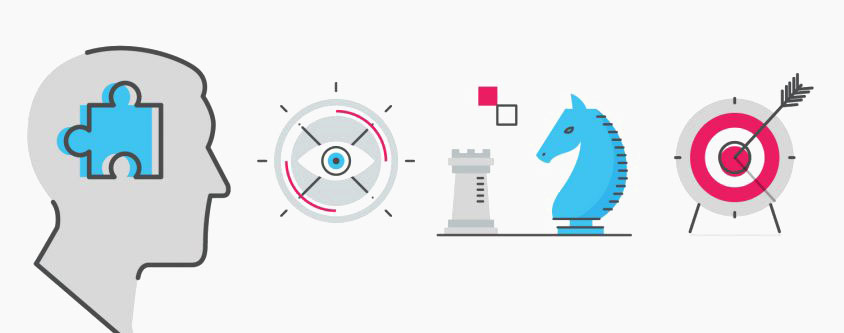Why to use Human Resources Management System
, 2022-08-07 12:09:49

Why to use Human Resources Management System?
Human resources management system is a suite of software and applications to manage human resources. HRMS can help in various ways, such as improving efficiency, reducing reliance on manual paperwork and paper-based processes, and reducing the chances for errors through automation.
Meaning of Human Resources:
Human resources management system is a process of managing the people who work in an organization. It includes managing the recruitment, selection, training, and development of employees. Human resources management system also deals with employee relations, benefits, and compensation.
Importance of Human Resources:
The Human Resources Management System (HRMS) is a tool that helps businesses manages employee data. It can be used to track employee records, performance, and compliance with company policies. HRMS can also help businesses to identify training and development needs. Additionally, HRMS can be used to create reports that help businesses make informed decisions about their workforce.
Why is HRMS Important?
Human resource management systems (HRMS) are important for businesses because they help manage employee data, tracking employee roles and responsibilities, and improving communication between employees and managers. Additionally, HRMS can help identify potential HR issues within the company and provide solutions to these issues. By automating HR processes, businesses can reduce their administrative costs and improve their overall efficiency.
In addition to the benefits mentioned above, using a HRMS can also help to:
- Automate and streamline HR processes and procedures
- Improve communication between employees and managers
- Enhance employee self-service
- Track and monitor employee performance
- Provide accurate and up-to-date HR data reporting
- Boost organizational efficiency and productivity
How to choose a HRMS for your business?
There are a few key considerations when choosing a HRMS for your business. The first is to determine what functionality you need from your system. Do you need basic employee tracking and payroll capabilities, or do you need more complex features like performance management and talent acquisition? Once you know what you need, you can start to narrow down your options.
Another important consideration is price. You'll want to find a system that fits within your budget, but be sure to also consider the long-term costs of using the system. Some systems may have a low initial cost but require expensive add-ons or annual fees. Make sure you understand all the costs associated with using the system before making your final decision.
Finally, take some time to try out different systems before making your decision. Many vendors offer free trials of their software, so you can test out the features and see how easy it is to use. Be sure to get input from employees who will be using the system on a daily basis, as they can provide valuable feedback on its usability and effectiveness.
Best Practices on Managing Human Resources
Human resources management is critical for any business, small or large. An effective human resources management system can help businesses keep track of employee performance, compliance with company policies, and payroll. Additionally, a well-run human resources department can help to identify top performers and potential problem employees.
There are a number of different software programs available to manage human resources. Before selecting a program, it is important to consider the specific needs of your business. There are a number of factors that you should take into account, such as:
-The size of your business
-The number of employees
-The geographic location of your employees
-The type of business
-Your budget
Once you have considered these factors, you can begin to narrow down your choices. There are a number of different features that you may want to look for in a human resources management system, such as:
-Payroll integration: This feature allows you to manage employee payroll directly through the system. This can save you time and money by reducing the need for duplicate data entry.
-Performance tracking: This feature allows you to track employee performance over time. This can be helpful

























-2021-07-27-18-01-18.jpg)
-2021-05-18-10-54-11.png)
-2021-05-18-10-51-35.png)
-2021-05-18-10-49-13.png)
-2021-05-18-10-43-11.png)


